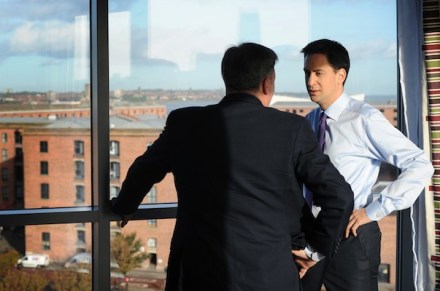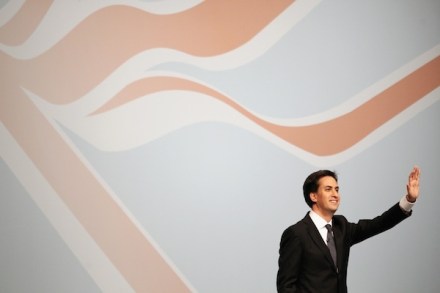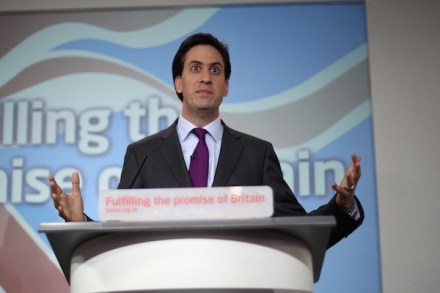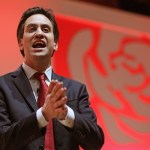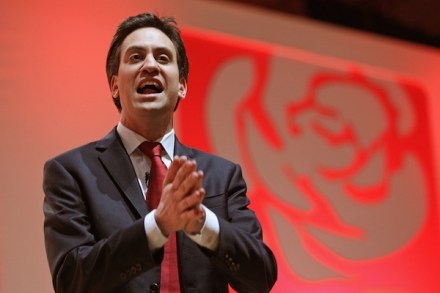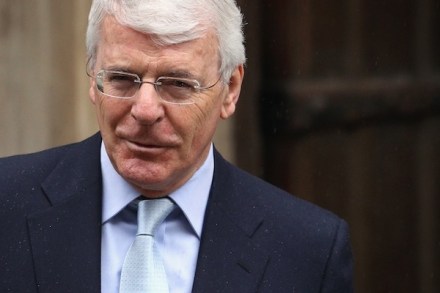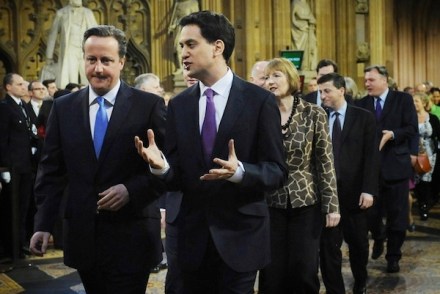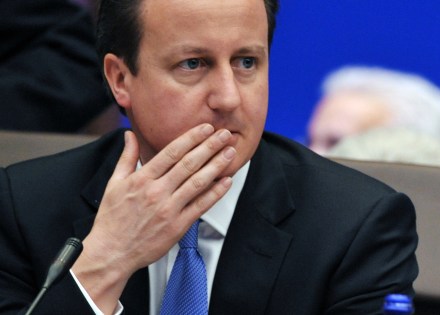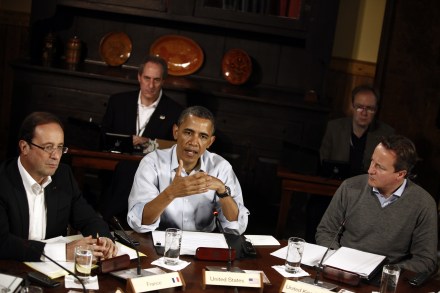More remorse and apology from Diamond?
It’s hard to believe that executives at Barclays had much confidence that the resignation of Marcus Agius as the bank’s chair would place a stopper on the Libor scandal. Ed Miliband drove those doubts home this morning when, appearing on Daybreak, the Labour leader reiterated calls for Bob Diamond to resign. He said: ‘I don’t think that he can carry Barclays forward, Bob Diamond, because he was there, he was actually in charge of the part of Barclays where some of these scandals took place years back and we will obviously hear what he has to say at the Select Committee on Wednesday but I really don’t believe that the



